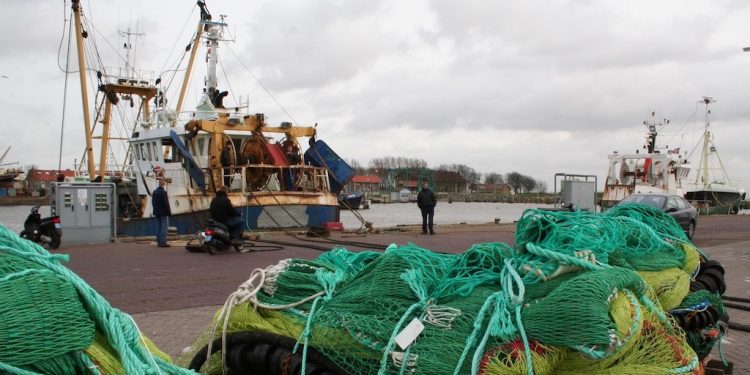The Netherlands has become the latest EU member state to voice its criticism of the European Commission’s Action Plan that outlines severe restrictions on demersal fisheries.
The Dutch cabinet’s position has been presented, and this states that it regrets that the action plan extends only to measures related to demersal fisheries.
‘The government’s position is hopeful for the sector and shows that the future prospects of the fisheries sector are not entirely in the hands of the European Commission,’ said Johan K. Nooitgedagt, chairman of the Dutch Fishermen’s Association de Nederlandse Vissersbond.
‘The coastal member states have a deep interest in fishing and will therefore take a strong stance together to sweep the plan for a ban on bottom fishing off the table.’
The Commission has already stated that the expectations of the action plan are not binding, and that member states are expected to take their own measures to limit the environmental effects of fisheries and aquaculture. Its proposals include the creation of new protected areas and strict management of existing areas. In broad terms, the aspiration is to end all demersal fisheries in Naura 2000 zones that fall within the Habitats Directive.
The Dutch government’s position, like that of Germany, France and Spain, is highly critical of the Commission’s proposals.
The Dutch government notes that based on the Birds and Habitats Directives and the Marine Strategy Framework Directive, EU member states are free to adopt national measures that contribute to achieving their nature and environmental objectives. The Dutch cabinet’s report states that the Commission’s expectation of prescribing that (national) measures must include a general ban on demersal fishing in order to achieve environmental objectives in all protected areas is so far-reaching that this should be done through a new legislative act within the basic regulation of the Common Fisheries Policy (CFP).
The Dutch cabinet has taken the position that contrary to what the Commission states, such a broad obligation should be imposed only on the basis of sound scientific evidence.
The Dutch government is not ready to consider phasing out demersal fishing by 2030, because of major negative effects for the fishing industry and the supply chain due to the lack of alternative fishing techniques for demersal fishing, and the time needed for innovation of new techniques.
The cabinet also states that it aims to continue to identify the positive aspects of pulse fishing, pointing out that although this is a demersal fishing method with effects on the seabed, its impact is significantly less than that of conventional gears.









